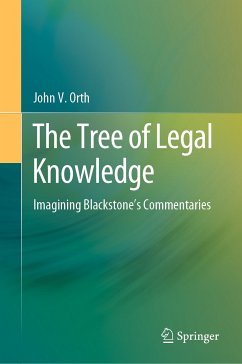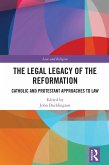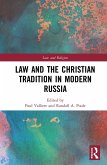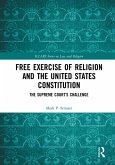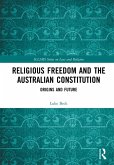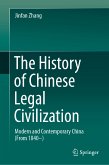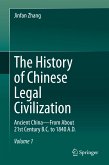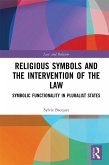Although Blackstone's Commentaries had been first published eighty years earlier, it remained the primary source for knowledge of English law and required reading for American law students. The Commentaries remain relevant today and are frequently cited by the U.S. Supreme Court as a source for the original understanding of legal rights and obligations at the time of American Independence. Despite its artistic beauty and academic significance, The Tree of Legal Knowledge had seemingly disappeared shortly after its publication. It is not included in the collection of any library, including the Library of Congress or in Yale University's Blackstone Collection, the largest in the world. It is not listed in the comprehensive Bibliographical Catalog of William Blackstone, edited by Ann Jordan Laeuchli, published for the Yale Law Library in 2015.
The present volume reproduces the only extant copy of The Tree of Legal Knowledge. It includes an introduction by the editor that places The Tree in historical context and identifies the anonymous author, an otherwise unknown lawyer. In addition, it reprints the original author's introduction and "explanation of the branches," both extensively annotated. This book restores this lost masterpiece to its proper place in legal history. The Tree is a beautiful-and accurate-depiction of English law as expounded in Blackstone's Commentaries, the single most important book in the history of the common law.
Dieser Download kann aus rechtlichen Gründen nur mit Rechnungsadresse in A, B, BG, CY, CZ, D, DK, EW, E, FIN, F, GR, HR, H, IRL, I, LT, L, LR, M, NL, PL, P, R, S, SLO, SK ausgeliefert werden.

